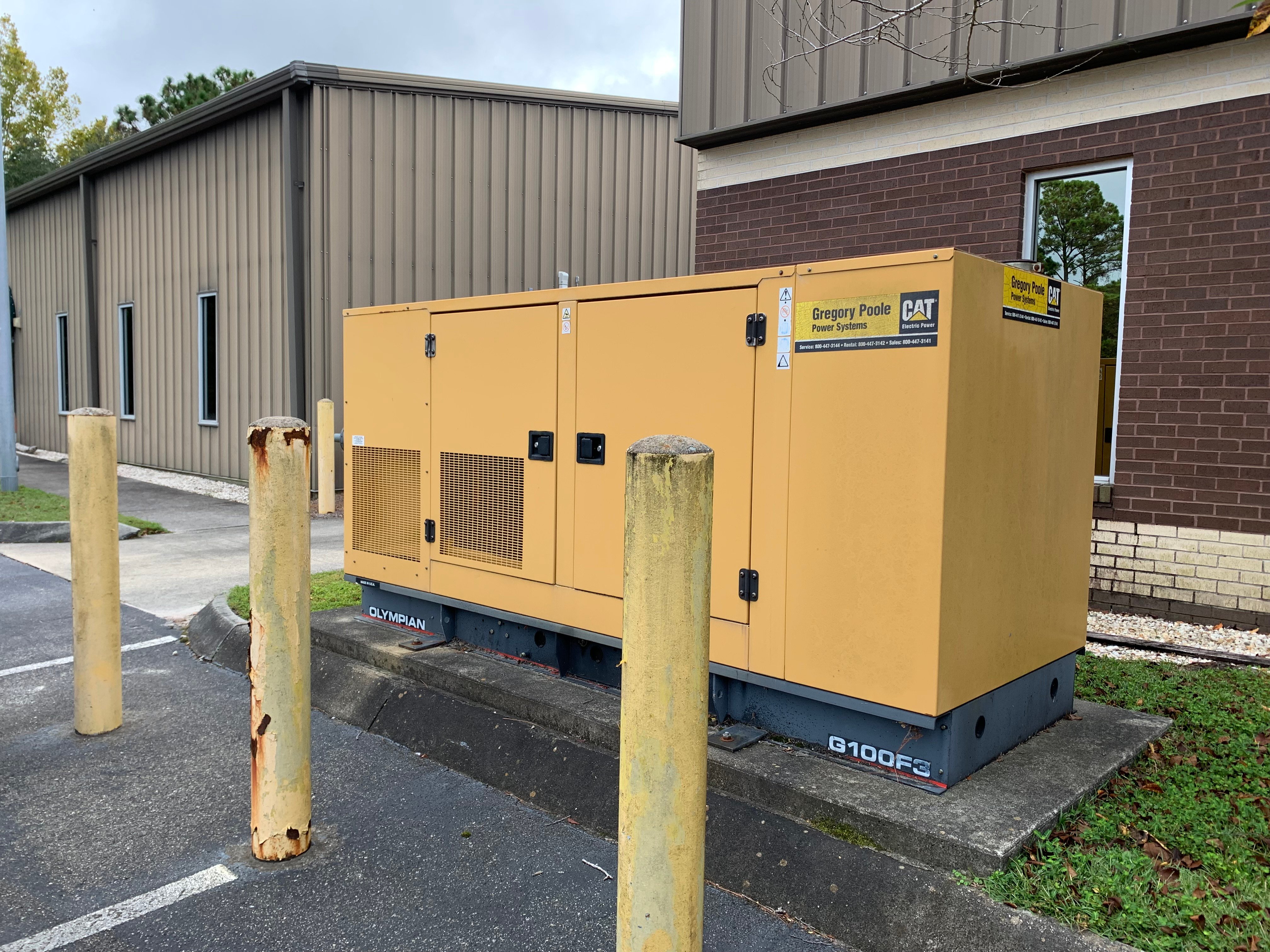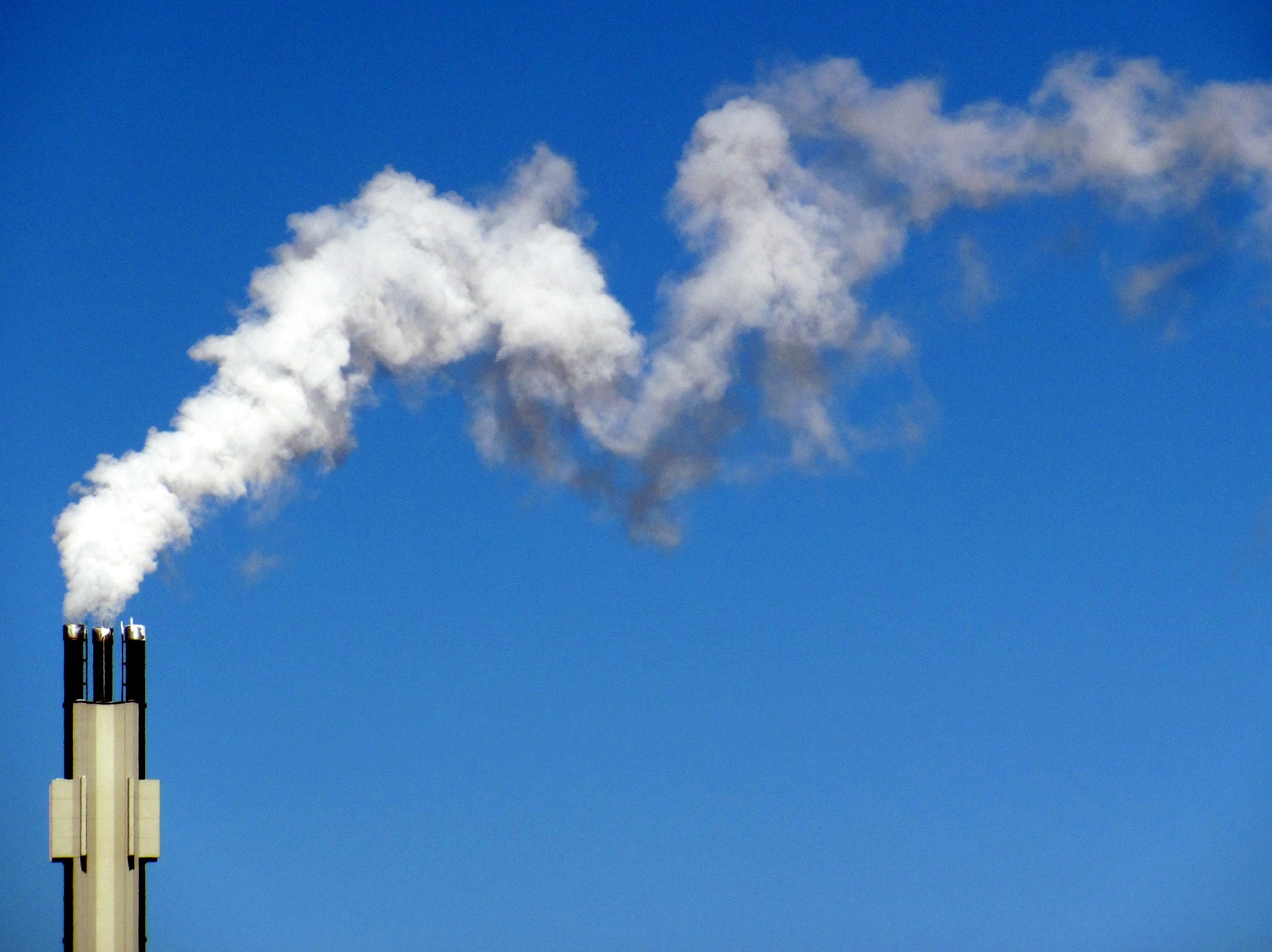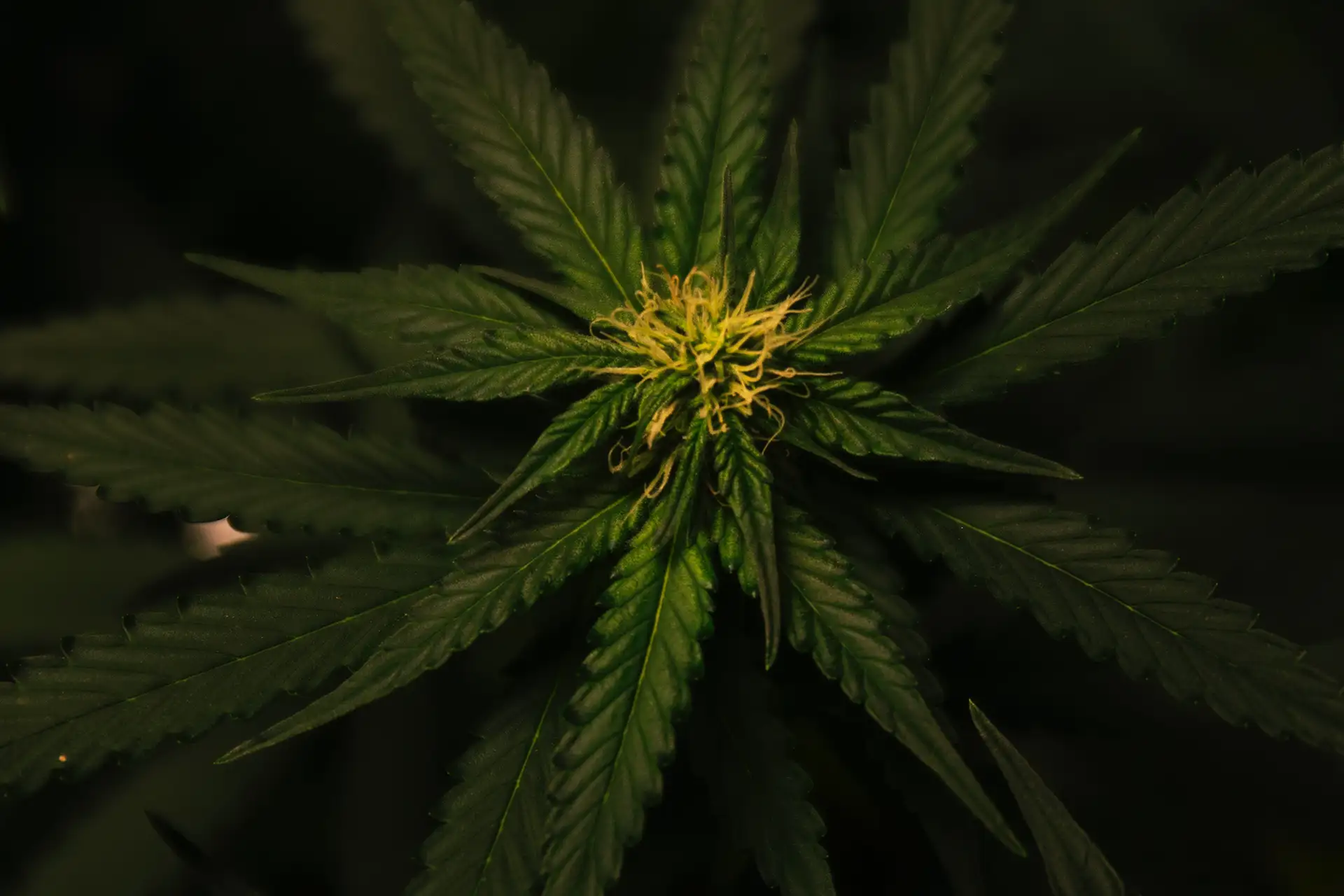Backup & Emergency Generator Air Permitting Considerations in New Jersey
When it comes to keeping the lights on and things running smoothly, whether it's an apartment building, office, industrial facility, school, police department, etc., etc., one of the key ways people do that across New Jersey is with generators. Whether they're running for emergency or backup reasons during a power outage, used during construction activities, or needed to give your facility some extra power, generators of all shapes and sizes are used frequently across New Jersey. But the million-dollar question is, do these generators need any type of environmental permit or approval?
Environmental regulations in New Jersey aren't just strict - they're confusing too! It's hard to understand whether or not something applies to you if you can barely read it. And as these regulations get more strict as the years go by, they only seem to get more confusing too. One area that causes a lot of smaller organizations grief is the concept of air permits here in New Jersey, and how these "air permits" apply to generators.
It's frustrating when you can't seem to get a straight answer - especially when you're just trying to follow the law. We get it, which is why we're about to break down the requirements surrounding air permits for generators in New Jersey as simply as we can in this quick read.
A Quick Word on Air Permits
Heads up - we're going to do our best to make this as painless as possible, but New Jersey air permits do get pretty complicated. If you're still shaky on the basics of air permits, you may want to check out some of these other articles for a little more background.
Do generators need an air permit in New Jersey?
Sometimes yes. Sometimes no.
So much for a straight answer, huh?
Whether or not you'll need to obtain an air permit in New Jersey for your generator is going to depend on a couple of different factors.
To put it as simply as we can (and we know this won't sound simple at first, but we'll explain!), we'll say this:
- Generators with a maximum rated heat input of greater than 1 MMBTU/hr WILL require an air permit in nearly all cases. This will be the air permit trigger for most emergency generators across the state of New Jersey.
- If a generator or engine has a maximum rated power output greater than 37 kW and is used for generating electricity, it likely WILL need an air permit.
- Generators with a maximum rated power output of less than 37 kW likely WILL NOT need an air permit but could if they emit air pollutants into the atmosphere above various state-specific thresholds.
So there you have it, three criteria, and the answer to each is it depends! We know this sounds a little complicated, and unfortunately, it is. You'll need to know a little bit about your generator's maximum rated inputs and outputs to really get to the bottom of whether or not you'll need an air permit in New Jersey. Don't worry, we'll explain these terms and how to figure out what your generator's numbers are in a moment.
For now, let's just say this: if you have a commercial generator (i.e. not a home generator that you could buy at Home Depot), chances are good that it will need to be covered under an air permit in New Jersey.
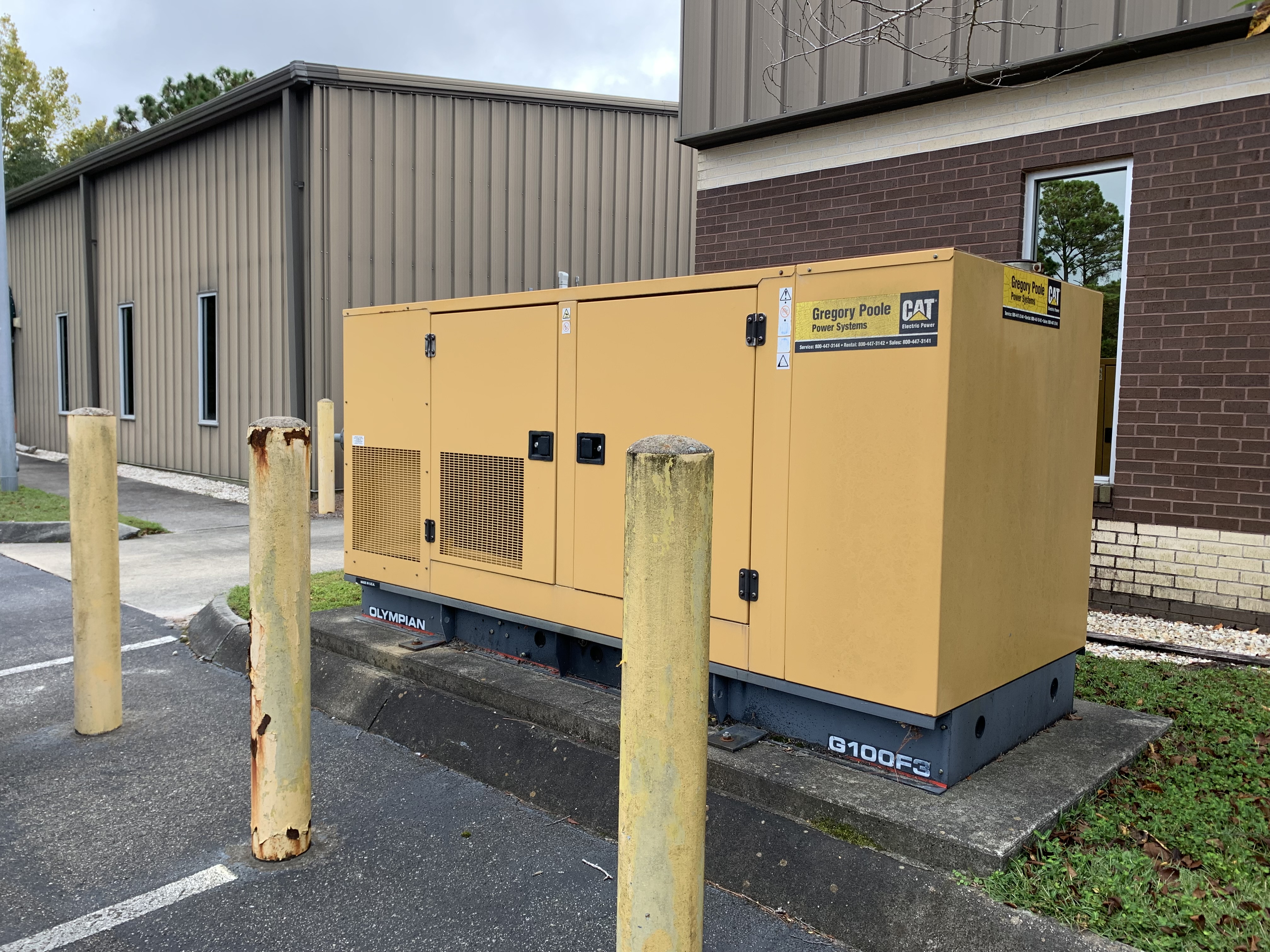
What are these maximum rated inputs and outputs, anyway?
Okay, we just threw around a couple of terms that you might not be completely familiar with. Before we explain how to figure out your generator's maximum rated inputs and outputs, let's shed some light on these terms.
MMBTU/hr - MMBTU is an acronym that stands for Metric Million British Thermal Unit, which really isn't all that important. All you actually need to know is this: BTUs are a unit of heat. Different fuels that are used to power generators (diesel, natural gas, propane, etc.) have different BTU ratings, meaning they generate different amounts of heat when they combust or "burn". So, the phrase "maximum rated heat input of greater than 1 MMBTU/hr" is really just saying: how much heat (which will depend on the type of fuel your generator uses) do you need to run your generator for an hour? Again, if it's more than one million of these units, you'll almost certainly need an air permit.
kW - The term kW stands for kilowatt. A watt is a unit of energy - essentially a measure of how much electricity something uses. You've probably seen these units used for all kinds of household appliances and devices. For example, a standard 42-inch LED TV uses about 60 watts. The "kilo" part of the word kilowatt means "one thousand" - so one kilowatt is 1,000 watts, and 20 kilowatts is 20,000 watts. Generators don't use electricity, they produce it - which is what is meant by the term "output". So, the phrase "maximum rated power output of more (or less) than 37 kW" is basically asking: how much electricity does your generator create? If it's greater than 37 kW (37,000 watts), then you'll most likely need an air permit.
How would I know my generator's maximum rated inputs and outputs?
Still with us? Alright, now that you (hopefully!) have a better idea of what's actually being measured, let's take a look at how you can find out exactly where your generator fits into all these numbers.
Let's start off with the BTU calculation. You'll need to do some digging for this one to figure out some of the specific details for your particular generator. First, you'll need to find out what kind of fuel your generator uses, and what that fuel's heat input value is (remember, different types of fuel generate different amounts of heat!). That number is usually expressed as BTU/gallon for diesel fuel, and BTU/cubic foot for natural gas. Next, you'll need to figure out the maximum rate your generator consumes fuel, which should be expressed as gallons/hour or cubic feet/hour. Once you've got those two numbers, you just need to multiply them together. If the result is more than one million, you're probably going to need an air permit.
Okay, let's move on to figuring out your kW output. Luckily, this one should be easier and you won't need to do any complicated calculations. Your generator should have a nameplate or a label with information, usually found inside or on your generator somewhere. This label should tell you the kW output of your generator. If it doesn't, or you can't find it, you should be able to find the same number on the specifications sheet for your generator, which you should be able to find online if you don't have a copy of it in hand. If it's higher than 37 kW, you're almost certainly going to need an air permit. If it's lower than 37 kW it's not likely that you'll need an air permit, but you still could if your generator emits air pollutants into the atmosphere above various state-specific thresholds.
Still pretty complicated, right? Unfortunately, that's just how it is with air permits in New Jersey. If you're starting to feel like tapping out and giving up on figuring all of this out, your best bet is probably to contact a New Jersey air permit expert to do the heavy-lifting for you.
What types of operations need air permits for generators in New Jersey?
Let's take a look at the most common industries and operations in New Jersey that need air permits for their generators. If you fit into one of these categories and have locations within New Jersey with a generator, you'll probably need an air permit! Bear in mind, this isn't all-encompassing, and there may be other situations where an air permit is needed for a generator.
- Manufacturing Industries - Many manufacturing operations will rely on generators for both back-ups in emergencies or as a primary means of electricity.
- Commercial Buildings - Many commercial buildings, including housing complexes, retail stores, malls, offices, etc. will typically have backup generators on-site to supply power to businesses and residents during power disruptions.
- Data Centers & Telecommunication - It's no secret that data centers need (lots of) power to run. Again, whether it's a backup or emergency generator that kicks on during a power outage, or something to provide some supplemental power, if you're in either of these industries, chances are you have a generator or two, and you very likely will need an air permit for them.
- Mining Facilities - Generators and large engines are often used to power heavy machinery, mining equipment, or even offices and buildings if they aren't connected to the grid.
- Hospitals/Assisted Living/Nursing Homes - Nearly every hospital in the State of New Jersey will have one or more backup generators to make sure that life-supporting systems stay on, even in the event of a power outage.
- Education (Schools/Colleges) - Similar to most hospitals, backup generators will often be present on campuses for their classrooms, labs, and dorms.
- Public Institutions (Fire/Police Department/Government Offices) - Places like firehouses, police departments, or even certain types of government-run buildings may have backup generators to keep their location powered up and running during an emergency.
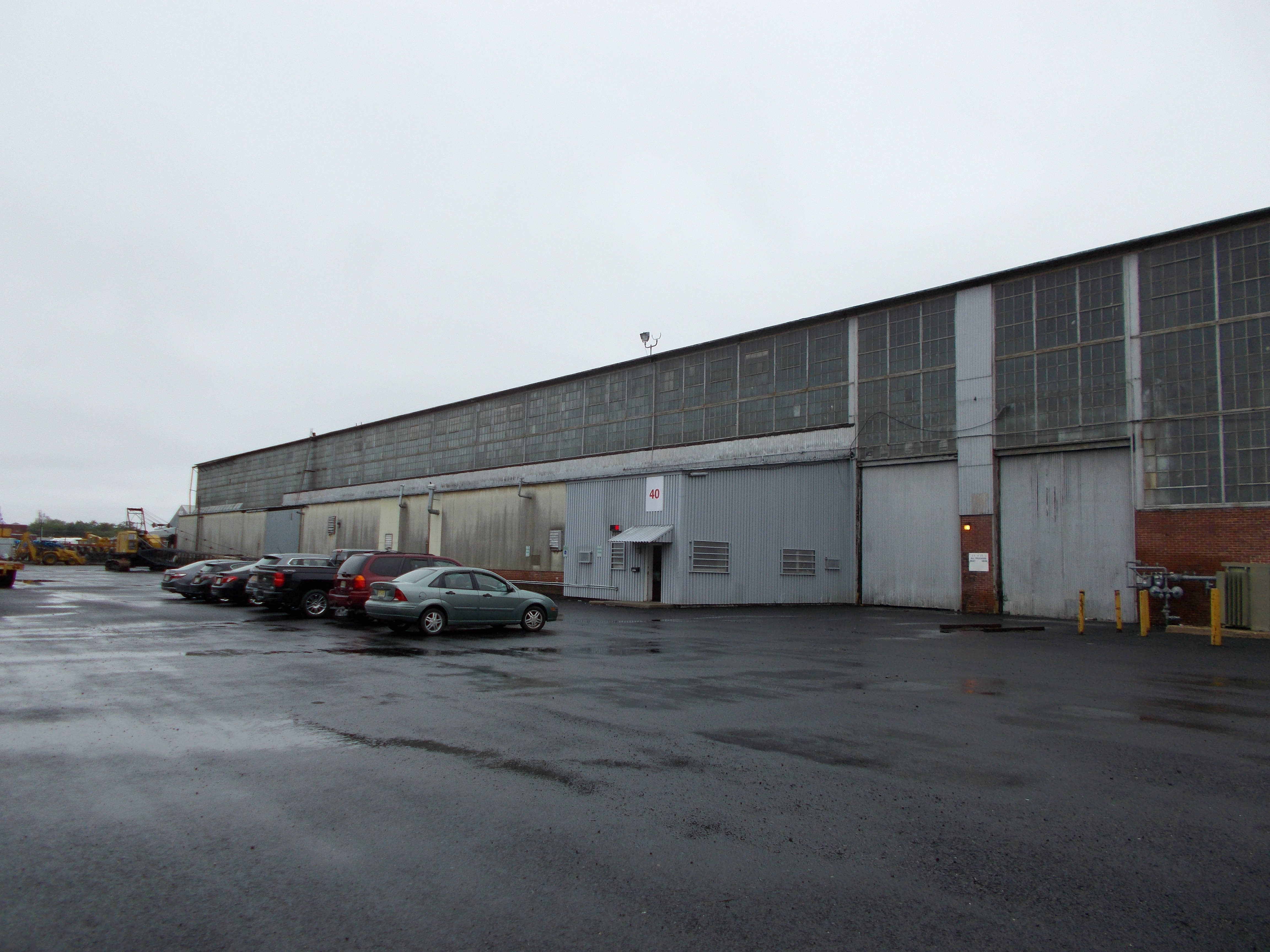
Are there special requirements for portable generators in New Jersey?
Portable generators will be regulated in essentially the same way as stationary generators across New Jersey.
However, a single air permit for emergency generators will allow them to be moved across the state in the event of an emergency. So if something happens and your other facility needs to get back up and running, you could tow, haul, move, whatever, your generator from one location to another without worrying about air permitting considerations.
For non-emergency generators, there is a way to get similar permit considerations (the availability to move equipment around the state freely), but it takes some extra legwork to get that into your air permit and is considered on an individual basis depending on certain criteria.
Do generators at construction sites in New Jersey need an air permit?
Sometimes, and the only way to tell for sure gets technical.
If the generator has a heat input greater than 1 MMBTU/hr, it is going to need an air permit, whether it is there temporarily or not.
For smaller generators, NJDEP specifically distinguishes “construction engines” from “stationary reciprocating engines” based on certain criteria. This is important only for permit eligibility: A generator used at a construction site can be greater than 37 kW and be exempt from the need for an air permit, but it cannot be greater than 1 MMBTU/hr (as this requires an air permit). Usually, all other generators and some engines require an air permit if they are greater than 37 kW.
Let's discuss the term "construction engine" for a moment since that's not an immediately understandable term. In short, a construction engine is a generator used at a construction site for power, which can ONLY be used until a utility provider supplies the construction site with electricity. Once your construction site has electricity provided by a utility provider, you can't run that construction engine any longer (unless you get an air permit).
There are some additional considerations with regards to these generators at construction sites (aka a construction engine) and air permits, of which here are the top 3 things to consider:
- Your engine MUST meet the above-mentioned 37 kW / 1 MMBTU/hr criteria. This gets complicated and confusing quickly. There is a quasi "matrix" of applicability, and determining your engine specifications has immense ramifications on permitting considerations. Not all generators at construction sites need air permits, but some do! It all depends.
- And! They can't be attached to a foundation. Meaning, it must be portable! A construction engine is NOT a permanent fixture. A generator that was attached to a foundation would be permitted differently.
- And! They can't be used for over a year. You have 12 months to get construction done, after that you'll need an air permit for a construction site generator. Also, you can't take your generator off-site, bring it back, and "reset" the clock. Once it's fired up, your 12-month window starts, no matter what happens or where that generator may go.
- And! There are a few additional restrictions that aren't worth getting into here (they're really technical and can get confusing).
See? Technical.
Do emergency backup generators at residential properties in New Jersey need an air permit?
Again, it depends, but not usually. Residential emergency generators are not typically required to obtain an air permit. Only commercial and industrial operations are covered under the general permit for emergency generators. However, if your generator is not for emergency purposes, and is greater than 37 kW, it will most likely need an air permit.
So, just ask yourself: is my home generator only for emergency use, like when the power goes out? If the answer to that question is yes, then you shouldn't need an air permit.
But also keep in mind that the term "residential" can be a little tricky. Consider a large apartment complex with emergency generators for backup power. You might think this would be considered a "residential" space since people live there, but a large apartment complex would actually be classified under commercial usage. So, per NJDEP regulations, an apartment complex in New Jersey could require an air permit if they exceed specific exemption criteria. Many other commercial properties, including hotels, office spaces, retail stores, and public facilities can also represent prime sources for air permits due to the fuel-burning equipment that may be present there.
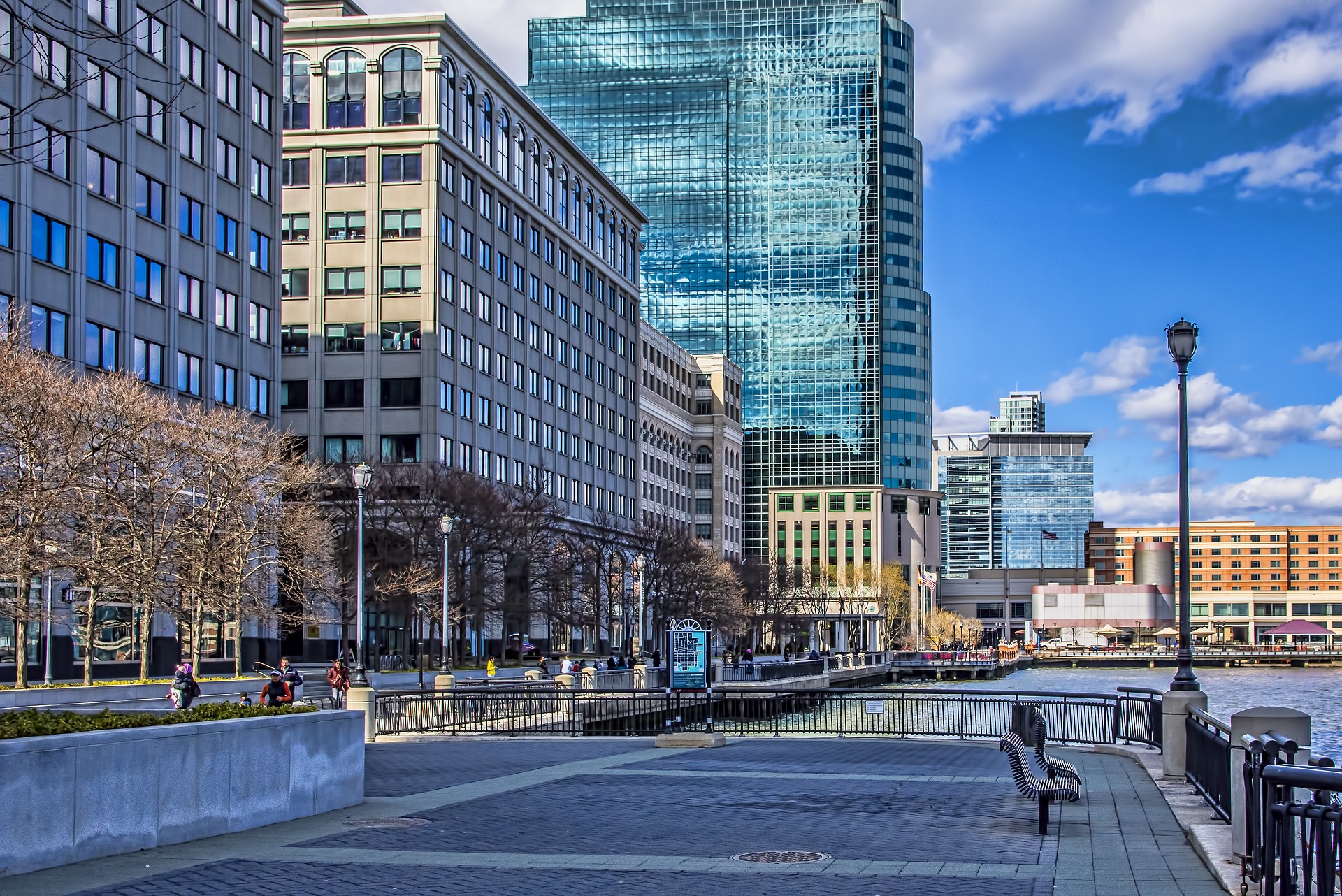
What’s the difference between an emergency generator and a generator?
An emergency generator is not a facility’s primary source of power. It is used ONLY in situations where there is a power outage, or the primary power source fails due to an emergency. Think mostly natural disasters - things like hurricanes, tornadoes, and earthquakes, but also other emergency situations like terrorist attacks, acts of war, etc., (hence the term emergency!).
Generators are devices used for converting mechanical motion into electrical power. For the purpose of this article, generators could be used to provide additional power to an operation or replace an existing power source for a limited time period.
Emergency Generators vs Backup Generators vs Stand By Generators
We get asked for clarification a lot with regards to these terms. The takeaway here is they're all the same. An emergency generator, backup, stand by, whatever you want to call it, is a generator that runs when the power goes out. Doesn't matter what you call it, regulatory wise they're all the same thing.
How long can I operate my emergency generator?
Across the course of a single year, a facility may run its emergency generator for 200 hours, but the true reason for these uses is what is important. Is it being used for testing and routine maintenance? Or is it being used for a real emergency when the main source of power is no longer available?
Many states, including New Jersey, limit testing and maintenance runtime to 100 hours for a single year, although there are a handful of states and counties which will limit testing and maintenance to 50 hours per year.
On the other hand, run times are usually unlimited in the case of an emergency, as long as the facility can prove that true emergency conditions were met (hurricane, tornado, etc.).
If those conditions are NOT met, then you're running out generator out of compliance with your air permit, and could get in trouble with the NJDEP.
What is the true definition of emergency according to New Jersey regulations?
The short answer is exactly what you would expect. The long answer is more technical.
Be aware that states may have their own definition for an emergency when it comes to air permitting, but New Jersey’s is as follows:
- Is located at a facility and produces mechanical or thermal energy, or electrical power exclusively for use at the facility; and
- Is the source of mechanical or thermal energy, or electrical power when the primary source of energy is unavailable as a result of;
- A power disruption that results from construction, repair, or maintenance activity at the facility. Operation of the combustion source under this subparagraph is limited to 30 days in any calendar year, not including operation during the performance of normal testing and maintenance procedures, as recommended in writing by the manufacturer, the facility’s standard operating procedure, and/or as required in writing by a Federal or State law or regulation; provided at N.J.A.C. 7:27-19.2(d)1;
- A power outage or failure of the primary source of mechanical or thermal energy because of an emergency; (for fire pump(s) used to provide power to pump water for fire suppression or protection, or in case of flood, and/or sensors detect a loss of pressure in the firewater system – as when one or more sprinkler heads actuate due to exposure to heat above their design temperature); or
- A voltage reduction was issued by PJM and posted on the PJM internet website (www.pjm.com) under the “emergency procedures” menu.
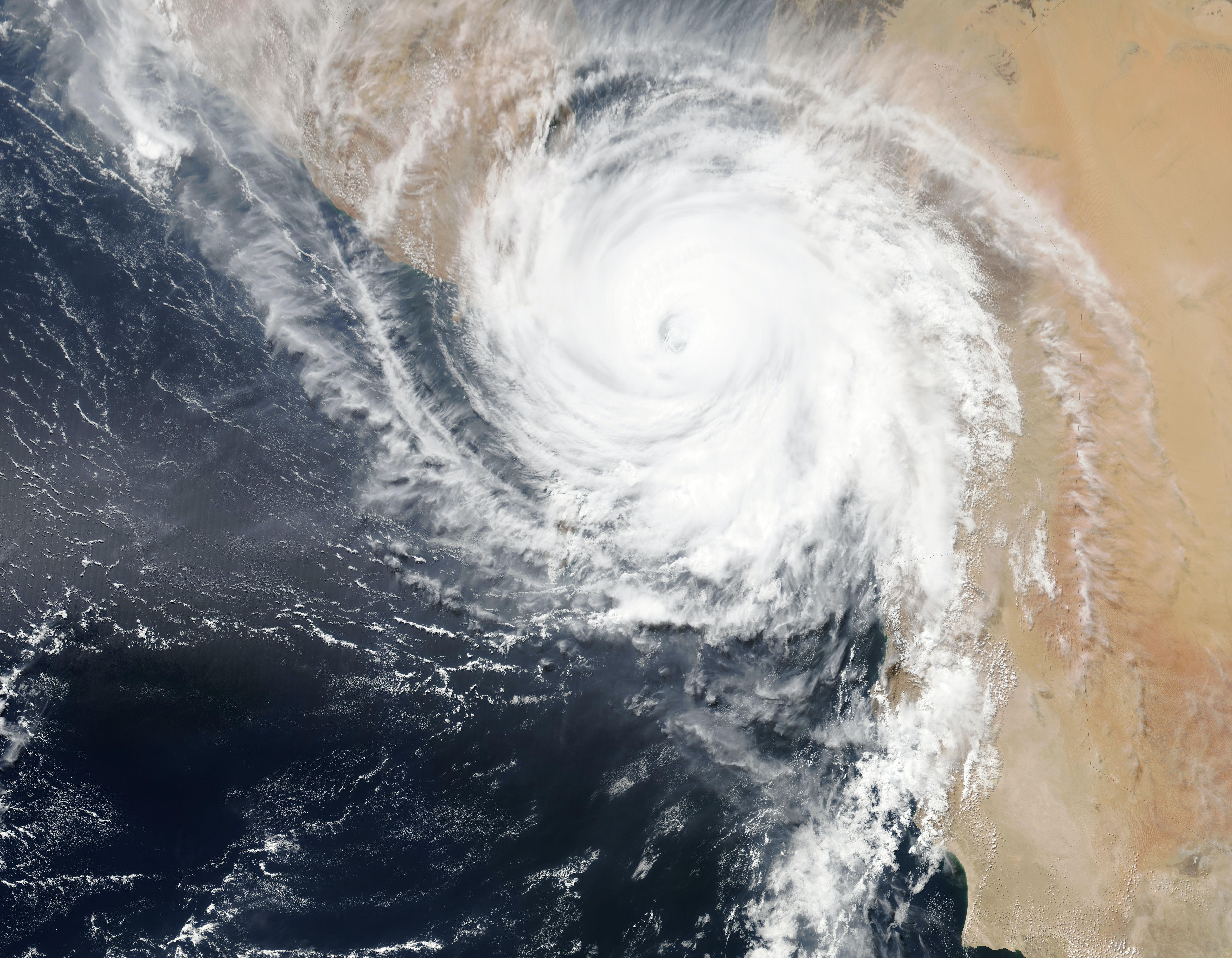
What are some requirements for an emergency generator permit in New Jersey?
Fortunately, whether you have an air permit with the State of New Jersey or another state across the US, the requirements are going to be pretty similar. This is because nearly all emergency generators are subject to a federal standard, and New Jersey's air permit regulations incorporate these Federal requirements into them. Bear in mind that whether or not you have an air permit for an emergency generator, you will very likely still need to follow Federal NSPS IIIIrequirements, which (to summarize) are:
Recordkeeping Requirements
- Each emergency generator must be equipped with a non-resettable hour meter.
- The date, time, and reason for usage must be recorded with each startup of the generator.
- Bills of lading/fuel supplier certification must be maintained to ensure diesel fuel meets the 15 ppm sulfur limit.
Monitoring Requirements
- Change the oil and filter every 500 hours or per the manufacturer’s instructions, whichever comes first.
- Inspect the hoses and belts every 500 hours or as per the manufacturer’s instructions, whichever comes first.
- Inspect the air cleaner every 1000 hours or as per the manufacturer’s instructions, whichever comes first.
Testing Requirements
- Likely no testing requirements will be applicable.
Why can some generators be permitted with a General Permit and others with a Preconstruction Permit?
This is technical but we do hear it a lot from our savvier air permitting customers. The permitting distinction is usually always a result of emergency vs. non-emergency usage. If an emergency generator is to be permitted, there is a specific general permit for that. The reason only emergency generators can use this is that these units typically run less and are permitted at much lower runtime hours than other generators which may be used year-round. These year-round generators usually represent a greater health and emission risk, and as such are permitted under a Preconstruction Permit.
How much is it going to cost to get my generator permitted?
Two options.
- Option One - The generator(s) is classified as an "emergency generator". This would meet general permit requirements and have a fee of $885 for the application.
- Option Two - The generator is not classified as an "emergency generator" and is not exempt due to its kilowatt or BTU rating as explained above. In this case, the generator will need a Preconstruction Permit. Preconstruction Permits will have longer processing times, and higher fees when compared to a general permit. The average cost for a Preconstruction Permit is around $3,000, but it is VERY likely that the generator will fail the NJDEPs Risk Assessment Screening, even if it is a Tier IV engine. If this is the case, expect to perform a Refined Risk Assessment which may include air modeling. This will add another $5,000 dollars to your air permit application.
And there are additional costs and considerations to think about. You may need to hire an expert to do this. You may need to modify or work on equipment to get it in compliance with air permit regulations. Depending on the amount of fuel used in the generator, you may need an SPCC Plan, or be required to file a Community Right-to-Know (CRTK) Report with the State of New Jersey, the LEPC, and your local fire and police departments.
Just like any other environmental regulation you get into compliance with, there is always the chance that you will need to either prove compliance or get into compliance, with other similar (and sometimes overlapping) regulations. If you'd like to learn a little more about these additional regulations that could apply to your New Jersey facility, be sure to check out the other articles below!
Need help getting an air permit for your generator in New Jersey?
If you’re trying to figure out whether or not you need an air permit in New Jersey for your generator, this is probably a lot to take in. If you're overwhelmed by all this air permitting talk, you're not alone. RMA has been actively involved in helping companies with environmental regulations like air quality permits here in the Garden State since our founding in 1992. Long story short, we know the ins and outs of the environmental concerns facilities deal with regarding air permits for generators and other environmental issues. We help you get into compliance with applicable environmental laws and regulations, ensuring your business stays out of trouble and in compliance.
Our staff members have been on-site at thousands of operations across the country, so when we say we've seen it all and done it all, we mean it. We've provided help with air permits to everyone, from globe-spanning, multi-national organizations to small "mom & pop" shops. No matter your size, industry, or location, we'd love to learn how we can help with your air permitting needs.
If you're having any type of issue at your operation with your air permitting program, need to apply for an air permit, or anything else, and need the help of an environmental consulting firm with a proven track record, reach out. Even if we can't help, we’ll do our best to steer you in the right direction. Feel free to contact us at info@rmagreen.com, click here to contact us, or give us a call anytime at 888-RMA-0230 to learn how we can help your operation deal with environmental regulations and air permits.




